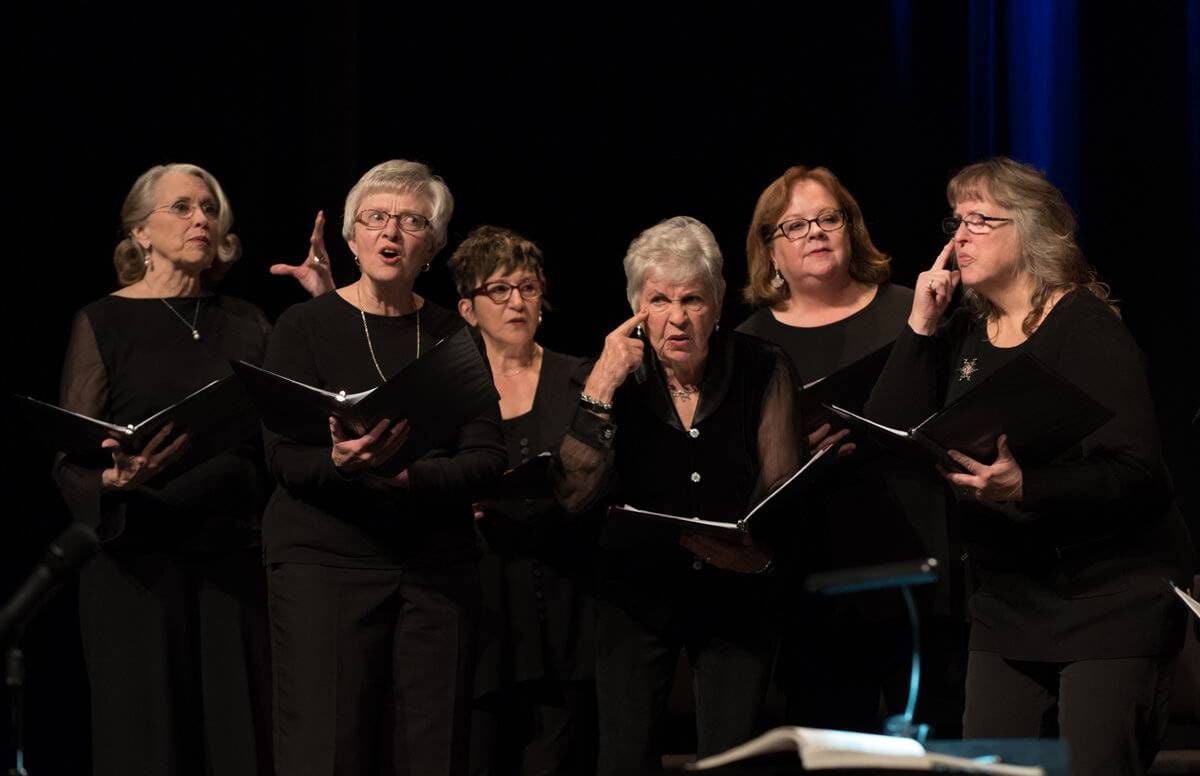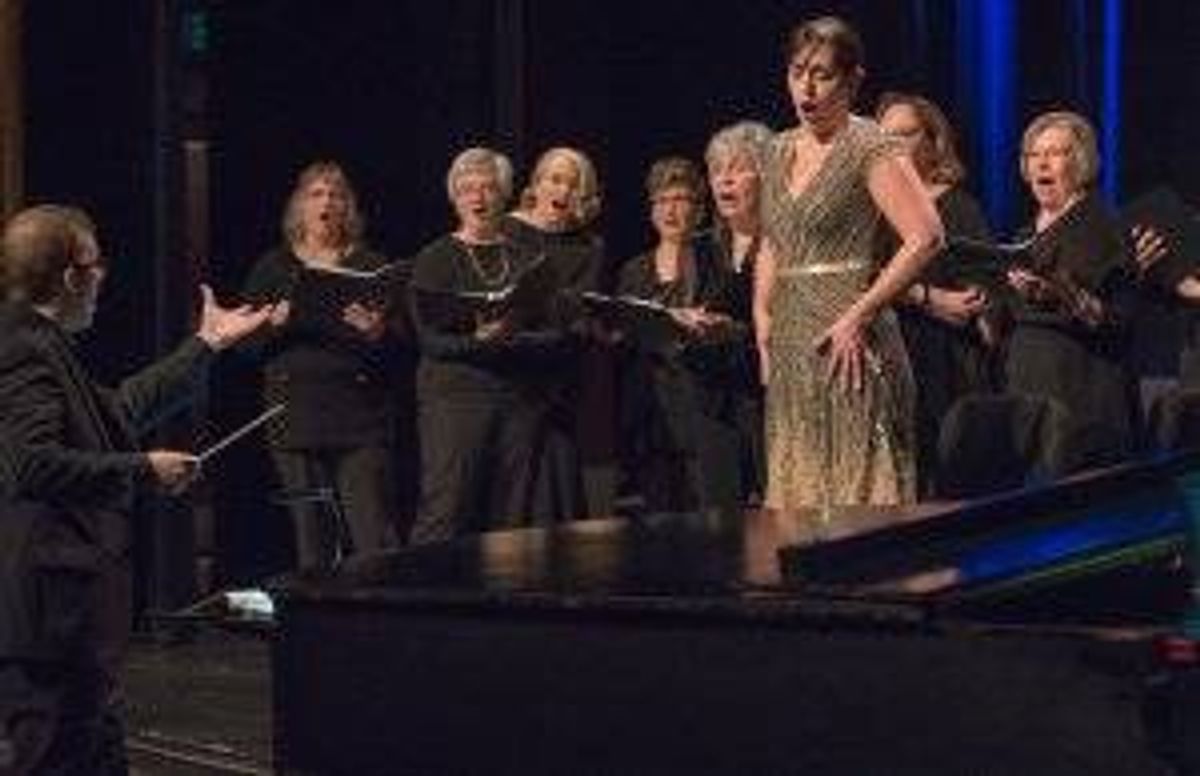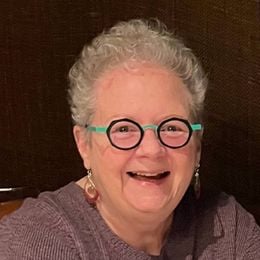How You Can Overcome Opera Phobia
It's never too late to learn to love this art form
You may think you know nothing of opera, but Bugs Bunny introduced many of us to it. Actually, it was Elmer Fudd, stalking Bugs, who sings, “Kill the wabbit!” to the soaring music of Wagner’s "Ride of the Valkyries" in one cartoon. Bugs also starred in “The Rabbit of Seville,” featuring Rossini’s opera music.

Remember comic Adam Sandler as Opera Man, dressed in a flowing cape and waving a white handkerchief as he delivered the news on Saturday Night Live in the early 1990s? Then along came Jonathan Larson’s poignant Broadway musical Rent, which he based on Puccini’s opera La Boheme.
Help for People With Opera Phobia
Maybe you know all this — and you still suffer from Opera Phobia. Good news: Opera companies and adult education programs around the country are here to help.
“Fear of opera is fear of the unknown,” said Ruth Nott, education director of the San Francisco Opera. “The fear, which is prevalent, comes from not having experienced opera, and maybe from growing up in a family where no one had experienced it. Yet opera can be so many things to different people — entertainment, a way of learning about history or even an escape into a new world.”
‘Musical Theater in a Foreign Language’
I know fear of opera. For decades, I avoided opera. One friend counseled, “You like musical theater — opera is just musical theater in a foreign language.” That didn’t win me over.
Another friend tried a different approach. During a picnic in a park, he walked me through the libretto of Madama Butterfly as the music played on a small tape recorder. Then he took me to see the opera — and I got it!
I not only got it, I loved every minute of it. Soon after, I signed up for an opera appreciation class through Oasis, a lifelong learning organization based in St. Louis. Led by a knowledgeable opera enthusiast, the class featured stories, history, film clips, recordings, vintage posters and even great gossip about famous opera singers. To wit: Legendary tenor Enrico Caruso was in San Francisco on April 18, 1906, the morning of that city’s historic earthquake. Touring with the Metropolitan Opera Company, he had performed Bizet’s Carmen the night before. The quake, estimated at 7.9 by today’s measurements, woke him. In a panic, the superstar told his valet to drag his 54 steamer trunks down the steps and out of the Palace Hotel, which collapsed that afternoon. Caruso escaped on a ferry to Oakland and then caught a train back to New York.
So what are opera companies and adult education programs doing to alleviate the widespread skepticism about a 400-year-old art form that Nott describes as “the most creative, all-encompassing art form you can find?”
Plenty.
Opera Companies Offer Outreach Programs
San Francisco Opera and the company’s Opera Guild reach out to people from “cradle to grave,” Nott said.

“Drinks and Drama,” its new educational program for adults, features an evening of discussion over specialty cocktails that tie into the theme of the next opera production.
The Minnesota Opera in Minneapolis offers lectures and classes. “Two new classes are about creative aging and participatory art-making,” said Jamie Andrews, education director at Minnesota Opera. “We wanted to provide opportunities for people to experience opera as artists, and help them realize it is not a distant, unattainable art form.” One class is “Voices of Opera,” a chorus for adults 55 and older. Participants spend nine weeks singing opera and even learn some staging. “Opera Connections,” an eight-week class, explores opera through its stories. “We look at the themes, and tie them into personal storytelling,” Andrews said. “Then we contrast our personal stories with what we will see in the opera on stage.”
Opera San Jose offers a six-week course on the history of opera for $60. The Dallas Opera teaches “Opera 101” on a chatty web page. The Metropolitan Opera Guild of New York City offers podcasts, tours and opera-themed travel opportunities. Opera Theater of St. Louis partners with Oasis to offer a docent-led preview of each season.
Most companies schedule free talks before each performance, too.
Other Educational Opportunities
If you don’t live in a city with an opera company, there are other ways to learn about opera.
Oasis serves adult learners in 40 cities. Find out here whether opera appreciation classes are available where you live.
The Bernard Osher Foundation supports 120 lifelong learning programs for people 50 and older across the country.
Some public libraries offer classes on opera as well. Ask if yours has one scheduled. If not, ask about getting one going. Five years ago in San Francisco, Larry Oppenheim, a retired computer programmer and oboe player, started a lecture series, “Opera for the People,” which he presents free in local libraries.
Other sources for classes are music schools and college adult education programs.
Don’t overlook online learning. The Great Courses lists 32 lectures on opera. Another resource is The National Opera Center of America, based in New York City. Also, edX, created by Massachusetts Institute of Technology and Harvard University, has offered free six-week, self-paced courses online for “beginners and advanced opera listeners alike.”


